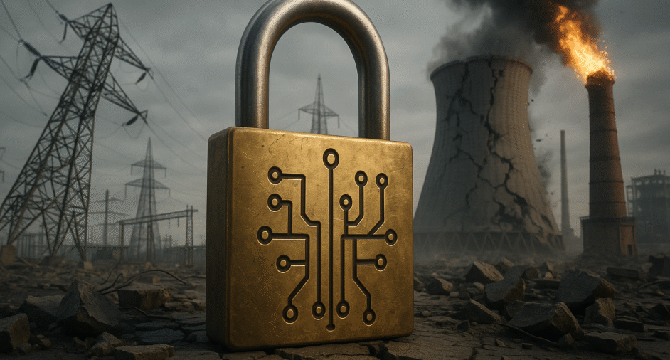Unite
3w
296

Image Credit: Unite
Without Quantum-Safe Encryption, Critical Infrastructure Will Crumble Under New Threats.
- RSA and Elliptic Curve Cryptography (ECC) have been fundamental to digital security, but are facing threats from AI-powered quantum computing.
- AI's pattern recognition capabilities are being applied to cryptanalysis, speeding up attacks on RSA and ECC.
- Machine learning is enhancing factorization techniques in RSA, prioritizing paths for successful decomposition.
- AI is accelerating attacks on ECC by optimizing algorithms like Pollard’s Rho and performing side-channel attacks remotely.
- Deep learning models can now deduce private keys in side-channel attacks, making these attacks more efficient and automated.
- AI is bridging the gap to quantum computing by advancing classical attacks, shortening the lifespan of RSA and ECC.
- Post-quantum cryptography standards are being developed to counter both quantum and AI-assisted cryptanalysis.
- Legacy systems still reliant on RSA and ECC pose vulnerabilities, especially in critical infrastructure like energy grids and healthcare networks.
- To mitigate risks, a shift to post-quantum cryptography, crypto-agile technology platforms, and AI-resistant encryption methods is imperative.
- Security measures need to adapt to intelligent adversaries using AI, emphasizing the importance of thorough implementation practices.
- In conclusion, the intersection of AI and cryptography necessitates a proactive and adaptable approach to secure critical infrastructure against evolving threats.
Read Full Article
17 Likes
For uninterrupted reading, download the app